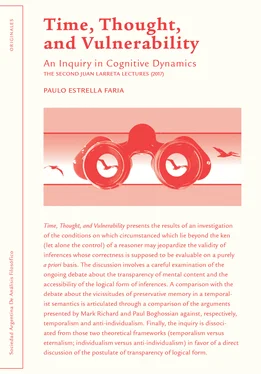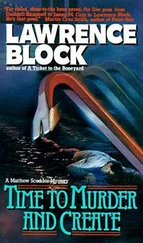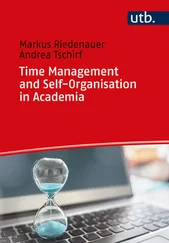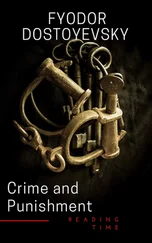Time, Thought, and Vulnerability
An Inquiry in Cognitive Dynamics
The Juan Larreta Lectures
2017
Paulo Estrella Faria
SADAF
Paulo Estrella Fariahas a PhD in Philosophy from the Federal University of Rio Grande do Sul, Brazil. He was visiting researcher at New York University (1995), Rutgers - the State University of New Jersey (1995-6) and the Institut Jean-Nicod (2005-6). He was founder (2008) and Vice-President (2010-2012) of the Latin American Association of Analytical Philosophy (ALFAn). He is currently Professor of the Department of Philosophy at the Federal University of Rio Grande do Sul. His areas of competence are metaphysics, epistemology, philosophy of logic and language, and the history of analytic philosophy.
Faria, Paulo Estrella
Time, Thought, and Vulnerability : An Inquiry in Cognitive Dynamics. The Juan Larreta Lectures, 2017 / Paulo Estrella Faria . - 1a ed . - Ciudad Autónoma de Buenos Aires : SADAF, 2021.
Digital book, EPUB
Archivo Digital: descarga y online
ISBN 978-987-47781-3-0
1. Filosofía. 2. Epistemología. 3. Filosofía del Conocimiento. I. Título.
CDD 121
© 2017, 2021, Paulo Estrella Faria
© 2021, for this edition: SADAF
Digital publishing: November 2021
SADAF
www.sadaf.org.ar
Cover design: Iñaki Jankowski | www.jij.com.ar
Cover image: Luiza Estrella
Editing: Recursos Editoriales
Ebook production: Libresque
isbn: 978-987-47781-3-0
Honoured by the Argentine Society for Philosophical Analysis (SADAF) with the invitation to deliver the 2017 Juan Larreta Lectures, I took the occasion to probe into a set of interrelated problems belonging to what David Kaplan termed ‘cognitive dynamics’—a field of philosophical inquiry which deals with the conditions on which propositional contents are retained, reiterated, redeployed, modified, lost and (sometimes) retrieved. My overall aim was to try and bring together two strands in my recent work which had until then followed parallel paths in a seemingly Euclidean space, all but avoiding one another. These are the philosophy of time (concentrating on the temporalism vs. eternalism debate, hence on the very notion of a temporal proposition: a proposition whose truth-value changes with time), and the epistemology of reasoning (concentrating on the individualism vs. anti-individualism debate, hence on the very notion of a world-involving thought, specifically as that impinges upon what Paul Boghossian calls ‘the apriority of our logical abilities’). That’s why I called the first two lectures, respectively, ‘Transience’ and ‘Preservation’. In these two lectures I claim, in particular, that Mark Richard’s 1981 argument from belief retention against temporalism and Paul Boghossian’s 1989 argument from preservative memory against anti-individualism share a common structure and a crucial pair of analogous premises; that they invite analogous responses (which have actually been put forward); and that such responses fall short of fully taking the sting off the original arguments, given precisely the way they are interrelated. Put it as follows. Suppose temporalism is true; then we have a problem (Richard’s problem) about content preservation. Suppose anti-individualism is true; then we have a problem (Boghossian’s problem) about content preservation. Since I hold that both problems are real and stand unsolved (for good reason: they are, or so I will argue, strictly unsolvable), my defence of both temporalism and anti-individualism eventuates in an investigation of the varieties of conceptual (and other) losses which are the lot of creatures whose cognitive lives are such that both temporalism and anti-individualism are true of them—hence the title of the third and last lecture.
I am grateful to the audiences at SADAF for the lively discussions. Running the risk of forgetting someone (for which I apologise in advance), I single out Alberto Moretti, Diana Pérez, Eduardo Barrio, Eleonora Orlando, Federico Penelas and Sandra Lazzer, whose contributions were warmly appreciated. I hope the result does not disappoint them.
Porto Alegre, May 2018
Конец ознакомительного фрагмента.
Текст предоставлен ООО «ЛитРес».
Прочитайте эту книгу целиком, купив полную легальную версию на ЛитРес.
Безопасно оплатить книгу можно банковской картой Visa, MasterCard, Maestro, со счета мобильного телефона, с платежного терминала, в салоне МТС или Связной, через PayPal, WebMoney, Яндекс.Деньги, QIWI Кошелек, бонусными картами или другим удобным Вам способом.












